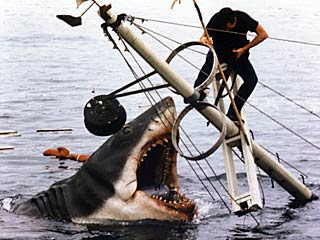 Like many busy people, with spare time at a minimum, reading can be a luxury. The only time I have to read is usually in the evenings, or on the weekends. When I'm under the gun trying to meet deadline, reading takes the back-seat altogether. At those times, reading is saved up for vacation. Books are carefully chosen, stored, and giddily transported to the beach. Then, if I'm not fishing, sleeping, or eating, I'm reading. "Mom, come on!" "Just one more chapter." "That's what you said two chapters ago..."
Like many busy people, with spare time at a minimum, reading can be a luxury. The only time I have to read is usually in the evenings, or on the weekends. When I'm under the gun trying to meet deadline, reading takes the back-seat altogether. At those times, reading is saved up for vacation. Books are carefully chosen, stored, and giddily transported to the beach. Then, if I'm not fishing, sleeping, or eating, I'm reading. "Mom, come on!" "Just one more chapter." "That's what you said two chapters ago..." The SS Central America went down in a hurricane off the coast of NC in 1857. Over four hundred lives, three tons of California gold, and massive amounts of coal sank in over 1000 meters of offshore water. Tommy Thompson, a maverick inventor and marine engineer from Ohio methodically located the wreck. In the process of recovering the gold, he fended off interlopers, set legal precident, and took deep-sea exploration to new depths.
Ship of Gold in the Deep Blue Sea is well written and researched. Gary Kinder wove history, science, and human determination into a true story that had me hooked to the very end. He painted a clear picture of the ship, the sinking, the rescues, and the subsequent recovery of the remains some 130 years later by one very determined scientist, his supporting crew and backers.
A very good read. I promise.



